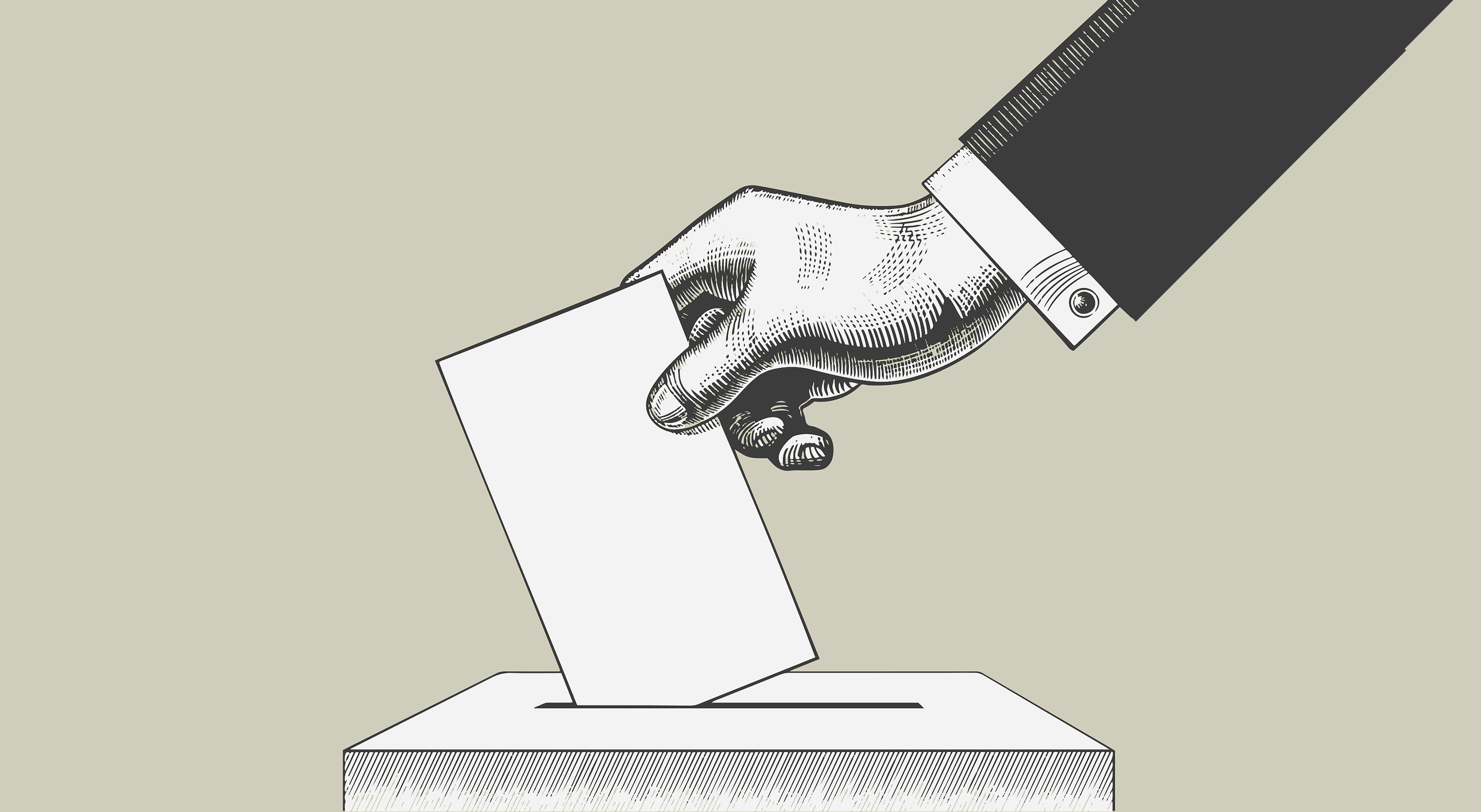The myth of the wasted vote is there to work in favour of the large political parties, not the people
In the run-up to the federal election this fall, it seems as though both Justin Trudeau and Andrew Scheer are continually finding themselves embroiled in controversy. Whether it be Trudeau’s blackface photos and the SNC Lavalin affair or Scheer allegedly lying on his resume, neither candidate is looking as appealing as they once were.
All of the controversies are undoubtedly leading Canadians to consider candidates from smaller parties running in their individual ridings. But as Canadians do this, they are faced with a common dilemma: Does voting for a smaller party mean you’re wasting your vote?
Although, both the Liberals and Conservatives would be more than happy if Canadians chose to believe that a vote cast for an NDP or Green Party candidate is a wasted vote, I would argue that this myth couldn’t be further from the truth.
Canada’s system is based on Britain’s electoral system, often referred to as Single Member Plurality (SMP). Essentially, this system divides the country into 338 electoral ridings. A candidate in any given riding does not need to have a majority of the votes, but simply have more votes than any other candidate in that riding. When a candidate wins a riding for their party, they then occupy one seat in the House of Commons. The leadership in the House of Commons and by association, the prime minister, is determined by whichever party — or coalition, if applicable — has the most seats in the House of Commons.
If you take the SMP system at face value, then you would probably agree that a smaller party is probably not going to win a majority of seats in the House of Commons. But it’s not as simple as that. In our political system, even one seat for a small party can influence the balance of power in the House.
For example, New Brunswick held a provincial election in September 2018, which turned out the following number of seats: Conservatives 22, Liberals 21, Greens three, and the People’s Alliance three.
While the Conservatives did win more seats than any other party, they did not win a majority. The balance of power was determined by a small party that had never won a single seat in any previous election: The People’s Alliance of New Brunswick.
In that election, the People’s Alliance had the ability to decide whether they would support the Conservative minority government or side with the Liberals and the Green Party to form a coalition government.
Also, given that Liberals and the Green Party do not support much of the legislative agenda of the Conservatives, the People’s Party also has the ability to use their three votes as leverage over the Conservatives to get what they want. If the Conservatives decide not to include the People’s Alliance in their legislative process, then the People’s Alliance, the Green Party and the Liberals can hold a vote of no confidence and force new elections.
It would be difficult for anyone to try and convince the 12 per cent of voters in New Brunswick who voted for the People’s Alliance that they wasted their votes.
For October’s federal election, most polls are indicating that both the Liberals and Conservatives are tied for Canadians’ support. This means that it is more than likely that either party will end up with less than a majority of the seats in the House of Commons, thereby swinging the determination of the balance of power to the smaller parties. This presents voters with a perfect opportunity to vote for a smaller candidate to represent their values in Parliament.
As you head to the polls in a few weeks, remember that your vote for a smaller party could help create a government whereby the Liberals or Conservatives would have to be accountable to the NDP or Green Party in order to pass legislation or stay in power.
Jonathan Di Carlo is a second-year English literature and history student at the U of O. He holds a D.E.C. in social sciences from Dawson College in Montreal, specializing in law and political science.





